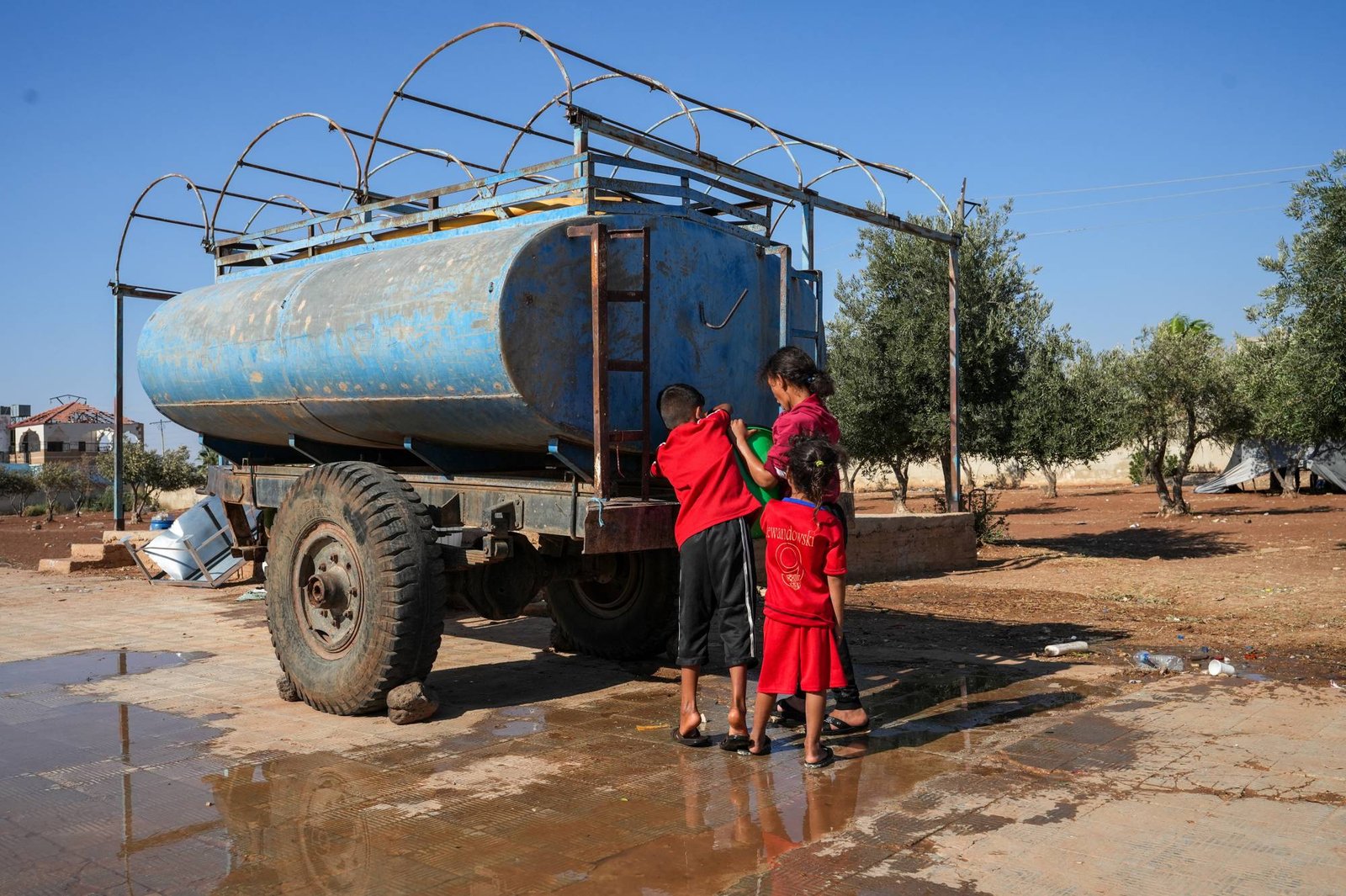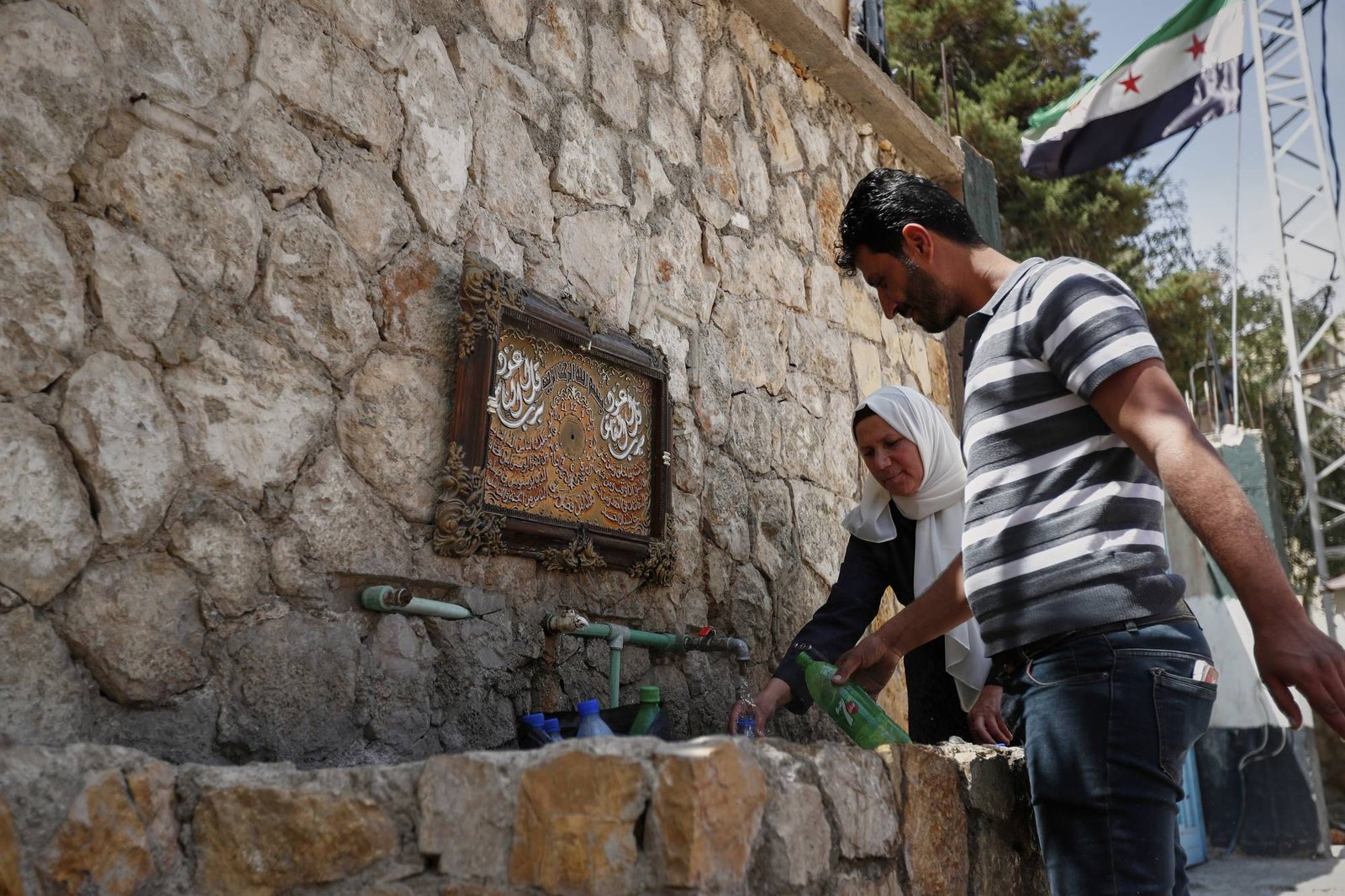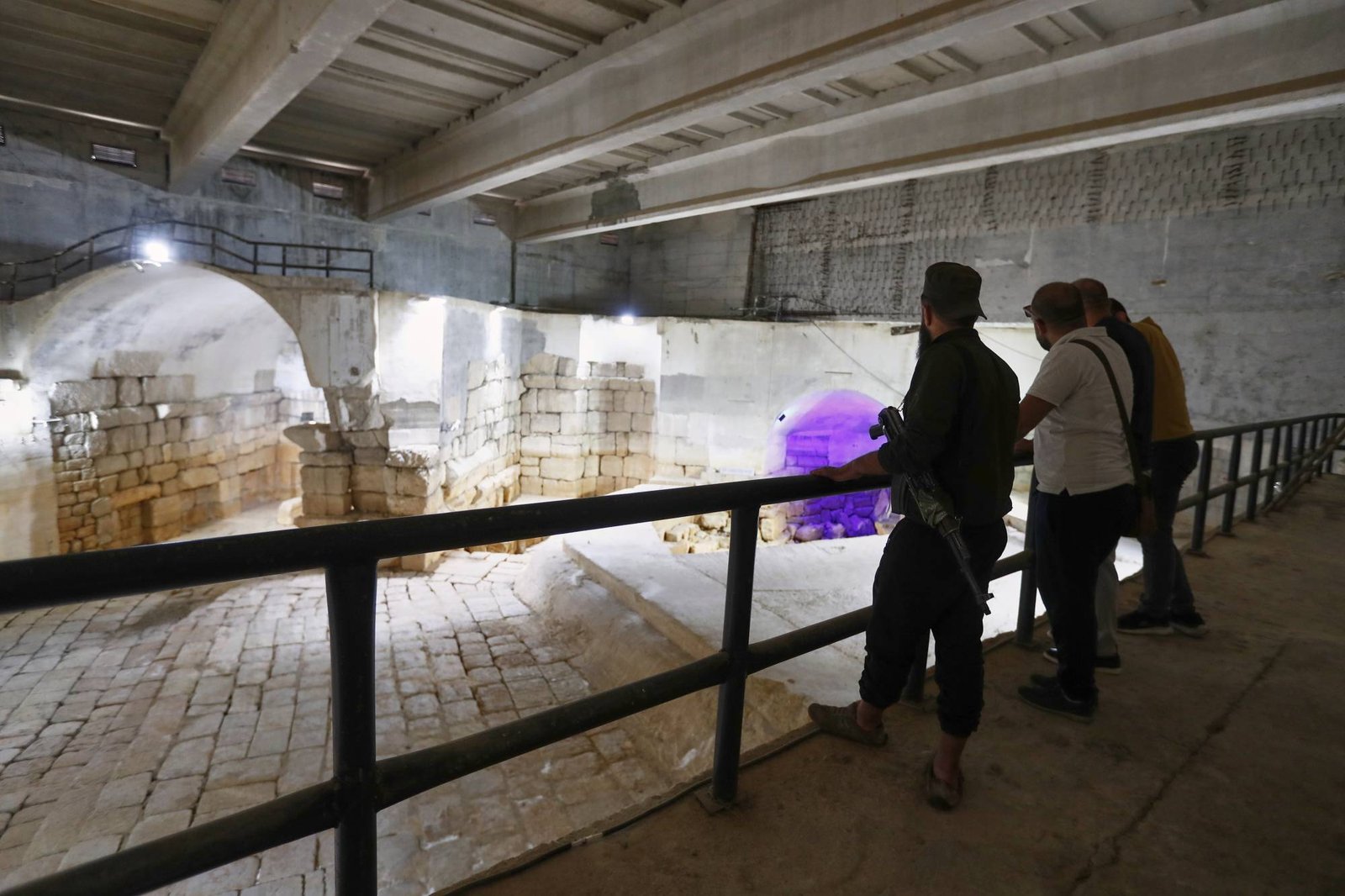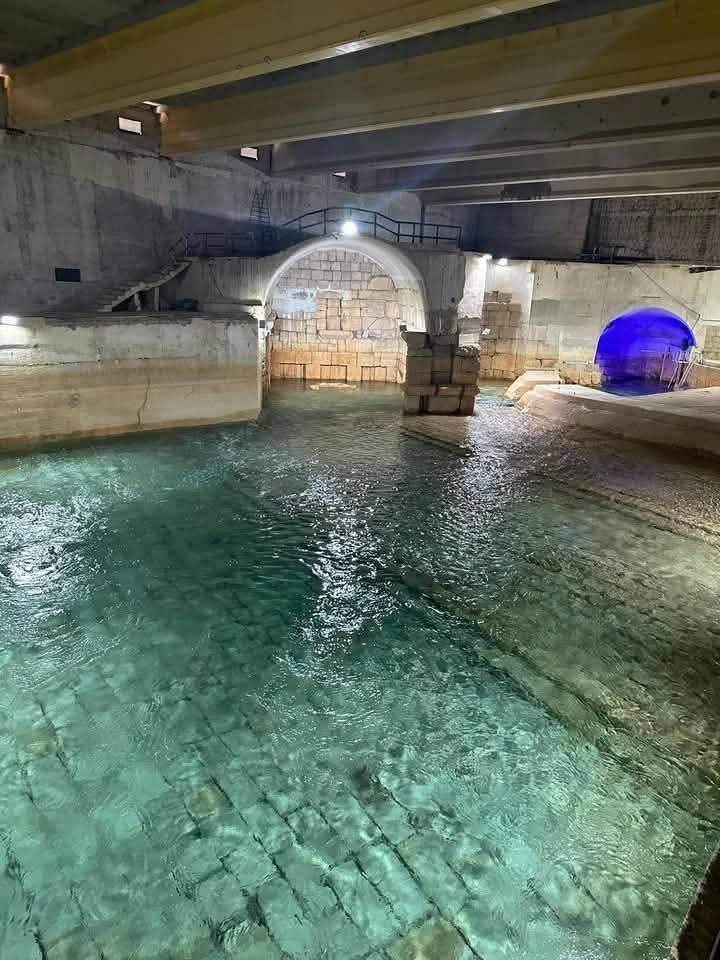“I feel that we are punished.” Umm Alaa, a resident of Al -Rawda neighborhood, in the center of the capital, Damascus, said, commenting on the two water and electricity codification programs that the government finally applies, as the supply of electricity is limited to one hour in exchange for interruption periods ranging between 5 and 9, according to the neighborhoods and the days of the week.
The woman and others complain not only of the lack of hours of supply, but also from the lack of coordination between the water and electricity sectors. Umm Alaa believes that “it is not logical to cut water during the hour of supply electricity,” noting that this deprives people of completing homework and the opportunity to fill the tanks, and says: “We have to buy tank water at a time when we believe in the difficulty of eating.”
Umm Alaa shows a great annoyance from the dissipation of promises to raise the hours of supply electricity and add: “We have promised that electricity will improve within 3 months, but after 8 months we were deprived of water and electricity together without knowing how long this situation continues.”

The peak of the drought wave
By August (August), Syria reaches the peak of the drought wave previously warned in April, with the water level drop to the lowest level in decades, the government imposed additional measures to rationalize water consumption, and impose a suffocating electricity legalization that may extend more than 12 hours, at a time when the Syrians were waiting for breakthroughs in the living conditions that were exacerbated for years. This is good for people with the words of the new authority that immediately after assuming power in Damascus promised to improve the economy, and secure energy resources in less than 3 months.

However, despite what was announced from the lifting of economic sanctions and their suspension, the Syrians did not touch any positive impact yet, but the crises were exacerbated in the basic service sectors such as electricity, water and communications, amid a huge rise in prices, which increased the living burdens, and generated a state of congestion and anxiety.
There are those who respond to the reasons for this to the great political challenges that besiege the government, while others believe that promises may be sincere, but it indicates “lack of experience in the administration.” Khaled Sayyah, a member of one of the Damascus neighborhood committees, says: “It is clear that the new authority, upon receiving the country’s administration, did not know the size of the challenges presented, and made promises depending on its experience in the administration of one governorate (Idlib); Because after reaching Damascus, the challenges are much more. ”
In an interview with Asharq Al -Awsat, Sayyah stressed the necessity of reaching political solutions that in turn reflects the living conditions, pointing to the stagnation that strikes the markets, and the scarcity of liquidity between people.

Simple capabilities
The concern of all Syrians today is water crises, electricity, and even communications, in a summer season at various levels. The General Organization for Drinking Water in the Damascus Governorate and its countryside distributed the program to supply water to the neighborhoods during the month of August, with an increase in the rationing hours. The Director General of the Water Corporation in Damascus and its countryside, Ahmed Darwish, explained that the capital is currently suffering from “great challenges in the water supply level.” He said in statements to the media that “the reorganization of the supply roles is taking place in line with the available capabilities.”
He explained that the frequent interruption of water is due to 3 main factors; The first is the noticeable decline in the level of water sources, the second is the lack of energy sources needed to pump water, and the third is the emergency breakdowns that affect the network lines from time to time. Darwish pointed out that there is an emergency plan aimed at rehabilitating the largest possible number of wells and water sources to compensate for the shortage, in addition to the maintenance of transport and distribution networks.
As for the strategic projects that are taught to ensure the sustainability of water supplies in the long run, he said that their implementation requires “huge financial, technical and human resources”.

emergency
The Water Corporation announced the raising of the state of emergency last April in light of the scarcity of water resources, the high demand for water, and the decrease in rain to 30 percent of the annual rainfall of the fabi spring, while the rainfall of the city of Damascus did not exceed 23 percent, which is the lowest percentage that has been registered in 6 decades, and the institution warned of a harsh summer.
The city of Damascus and its countryside needs 450 thousand cubic meters per day of water, and the deficiency is estimated at about 100 thousand cubic meters during the summer.
Although the water crisis is one of the permanent crises in Syria. This summer, for the first time, the residents of the capital resort to buying tank water that spread in previous years on a large scale in the countryside of Damascus and other areas far from the capital.



